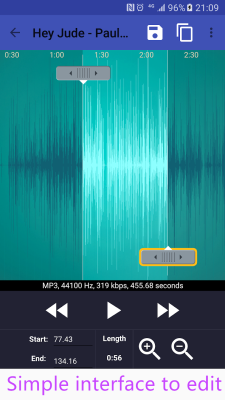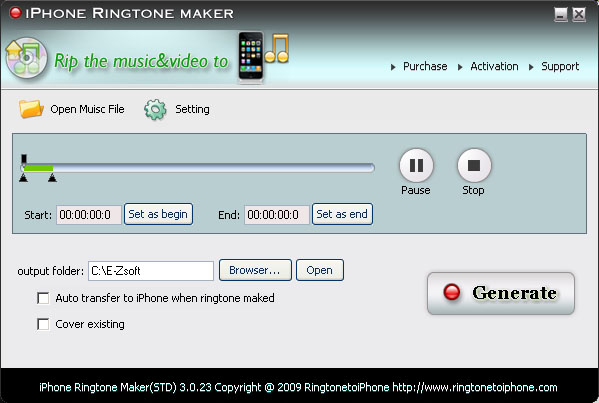

Keep these trends in mind when comparing hotel reservation systems: The biggest challenge for the hotel industry today is wrestling revenue back from online travel agencies, which have attracted travelers with reduced rates from hotels. A simple, intuitive interface can mean the difference between a completed guest transaction and a failed conversion. More importantly, since the systems allow for online bookings, you should pick one with an easy-to-use customer interface. Large resorts, on the other hand, may require dedicated resort tools to meet their needs.Ĭonsider GDS integration. Hotels should still consider GDS integration when choosing a hotel reservation system to ensure that rooms and rates appear correctly on the several thousands of sales channels GDSs link to.Įvaluate usability. Choose a system with an interface that is easy for you to decipher and that gives your hotel the most exposure to sales channels. Select a system that accommodates your hotel’s needs: choosing one that is designed for larger hotels when your business is a small bed and breakfast, for example, could make the reservation process more complicated than necessary. If you are in the market for hotel reservation software, here are a few factors to consider during your search:Ĭhoose a system that fits the size of your hotel. Hotel reservation systems can vary in the number of rooms, number of properties and room types they support. Though the technology is aging, four major GDSs exist today (Worldspan, Amadeus, Galileo and Sabre) that are still used by most hotels.
Ringphone booking software software#
Connecting a hotel to these networks with hotel reservation software allows guests to book rooms on systems other than the hotel’s system. Online travel agencies also access the GDS, and use the information to ensure consistency for customers when booking online. Many hotel reservation systems can enable online booking from your hotel’s website, turning your site into a veritable booking engine-an essential function today.Ī GDS is a network that stores the rate and inventory information of hotels connected to it by a central reservation system. Manage phone numbers, payment information, membership status, statistics on past stays and other information about guests. Some systems, like more robust travel agency software, include the ability to track where reservations originate (e.g., from the hotel website or an online travel agency).Īdjust rates and determine which rates are available to certain guests during certain times of the year or during promotions. Here’s a list of the most common capabilities of hotel reservation software: FeatureĮnter and track reservations in a “tape chart”: a color-coded grid of reservations hoteliers can modify to reflect changes in availability. Booking engine software and reservation call centersįinally, most reservation systems can interface with a property management system, which is used to manage other areas of a hotel’s daily operations.




 0 kommentar(er)
0 kommentar(er)
